Postdoctoral researchers from around the world are one of the backbones of scientific research at the IFT. Attracting and retaining talent, particularly at an international level, is considered essential by the IFT. The favourable conditions offered by the Severo Ochoa Distinction have made this possible, including the creation of specific postdoctoral positions under the Severo Ochoa Fund, in addition to those provided by several other competitive grants. The full list of postdoctoral researchers at the IFT can be found here.
SO(postdoc)
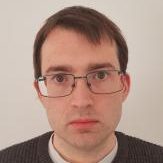
Chris Blair
c.blair@csic.es
Chris’ research focuses on string theory, M-theory and supergravity. He has a particular interest in the interplay between dualities and (non-)geometric features of these approaches. Current work focuses on understanding connections between different M-theory decoupling limits in which non-Lorentzian geometry arises, as well as on aspects of supergravity compactifications controlled by underlying generalised geometric structures.

Claudio Bonanno
claudio.bonanno@csic.es
Claudio’s research focuses on the non-perturbative properties of Quantum Chromo-Dynamics (QCD) at zero and non-zero temperatures using numerical Monte Carlo methods and massive parallel supercomputing architectures. Their work primarily explores QCD’s topological properties, including the dependence on the parity-breaking parameter θ, the U(1) axial anomaly, the strong-CP problem, and the spectral properties of the Dirac operator related to chiral symmetry and confinement. Claudio also studies QCD as the number of colors approaches infinity and develops Monte Carlo algorithms to address the topological freezing problem in QCD lattice simulations.
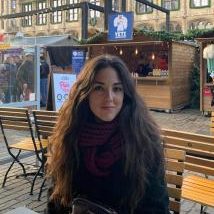
Marina Cermeño Gavilán
marinacgavilan@gmail.com
Marina’s research focuses on new indirect astrophysical probes of Beyond the Standard Model physics, with particular attention to signals due to DM interactions in astrophysical scenarios such as white dwarfs, neutron stars and active galactic nuclei. In recent years, she has also broadened her research expertise to include the study of new neutrino physics in supernova environments and its implications for the dynamics of supernovae and proto-neutron stars.
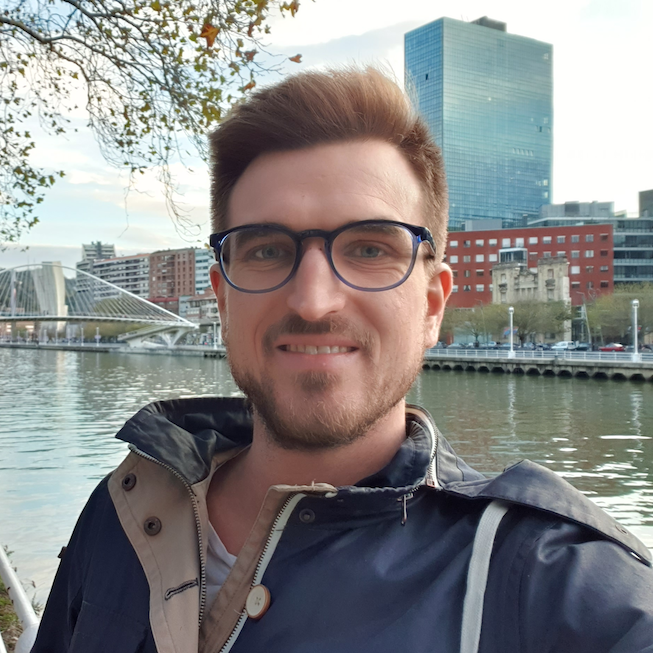
Patrick Foldenauer
patrick.foldenauer@csic.es
Patrick’s research interests revolve around Beyond Standard Model particle physics in the form of new light particles. In the past, he has studied models of anomaly-free U(1) extensions of the Standard Model symmetry group. He has done extensive work on phenomenological probes of the associated new U(1) gauge boson – the dark or hidden photon – at colliders, beam dump facilities, neutrino experiments and astrophysical probes. He has also explored models of light dark matter and their connection to dark photons. More recently, he has investigated the sensitivity of dark matter direct detection experiments to the interactions of (solar) neutrinos, the so-called neutrino fog. He is also a developer of the neutrino interaction code SNuDD. A full list of his publications can be found on the high-energy physics database INSPIRE.
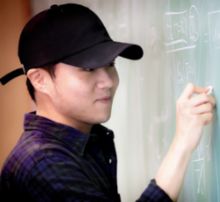
Hyun-Sik Jeong
hyunsik.jeong@csic.es
Hyun-Sik’s research leverages holography (AdS/CFT) to explore strongly interacting quantum field theories and their gravitational avatars. His interests include the interplay between quantum information theory and gravity, and the development of phenomenological gravitational theories aligned with experimental data and effective field theories. Recently, he has focused on complexity in quantum field theory and gravity, entanglement entropy and the black hole information paradox, transport phenomena and hydrodynamics, and near-equilibrium dynamics in strongly interacting systems.
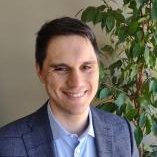
Javier Matulich
javier.matulich@csic.es
Javier’s research interests cover Asymptotic symmetries, Black hole thermodynamics, Supergravity, Higher spin gravity and Machine Learning in Physics.